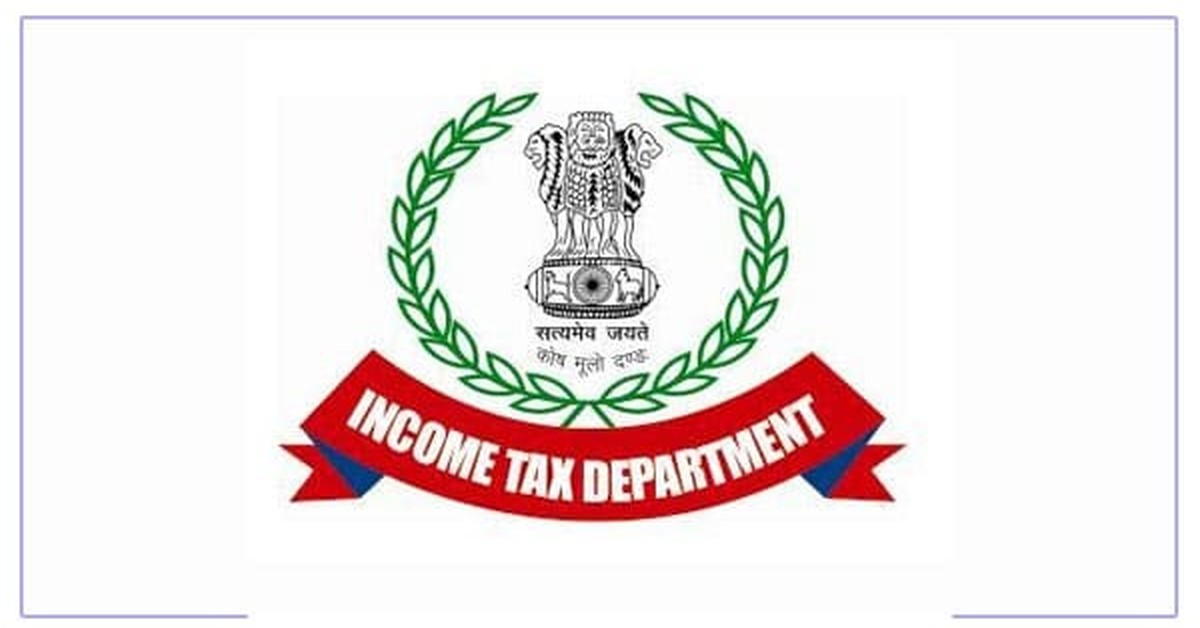As of January 31 this year, a staggering 5,44,205 appeals awaited resolution within the corridors of the Income Tax Department, with an additional 63,246 languishing at various levels of appellate authorities including Income Tax Appellate Tribunals (ITATs), High Courts, and the Supreme Court. Despite the Central Board of Direct Taxes' (CBDT) commitment to expedite proceedings, the backlog persists, prompting calls for urgent reform.
The gravity of the situation becomes evident with a breakdown of pending cases: 20,266 at ITATs, 37,436 at High Courts, and 5,544 at the Supreme Court. In response, the CBDT's 100-day action plan for FY25 sets ambitious targets, urging each Commissioner of Income Tax (Appeals) to dispose of a minimum of 150 appeals by June 30.
However, experts highlight systemic challenges that hinder timely resolution. Amit Maheshwari, Tax Partner at AKM Global, emphasizes the prolonged duration between appeal filing and the first hearing, often exceeding a year. This delay exacerbates the backlog and undermines the efficacy of tax dispute resolution mechanisms.

Moreover, the prevalence of precedent-based assessments by assessing officers perpetuates the cycle of appeals. Relying on historical decisions, officers fail to approach tax issues afresh during scrutiny, leading to unnecessary additions and subsequent appeals. To break this cycle, experts advocate for the imposition of maximum time limits for appeal resolution by ITATs and CIT(A), ensuring expeditious adjudication.
Proposals for reform extend beyond procedural changes. Some suggest the introduction of an amnesty scheme in the upcoming budget, offering taxpayers a one-time settlement option to alleviate the burden of prolonged litigation. Kumarmanglam Vijay, Partner at JSA Advocates & Solicitors, underscores the significance of sparing corporate India and taxpayers from the resource drain caused by inconclusive cases.
Gopal Mundhra, Partner at Economic Laws Practice, stresses the importance of bolstering judicial infrastructure. A call for increased judicial strength, coupled with specialized benches for complex cases and a robust digital framework, echoes throughout the discourse on appellate reform.
The Delhi High Court's directive to address vacancies in the Commissioner (Appeals) cadre underscores the judiciary's recognition of the urgency in tackling the backlog. With approximately 230 active Commissioners against a sanctioned strength of 349 till July 2023, the need for swift action is undeniable.
As stakeholders converge on solutions, the imperative for comprehensive reform becomes clear. From procedural streamlining to structural reinforcement, addressing the appellate backlog demands a multifaceted approach rooted in efficiency, equity, and expediency.





 CAclubindia
CAclubindia

